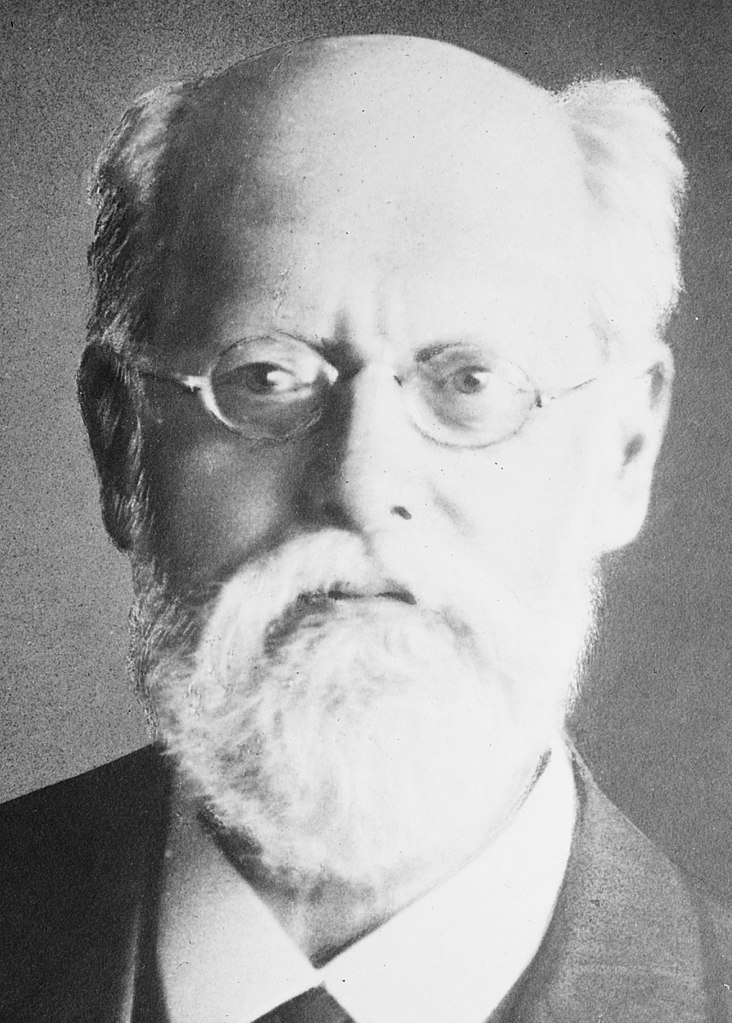Karl Kautsky | |
|---|---|
 | |
| Born | Prague, Austrian Empire 16 October 1854 |
| Died | 17 October 1938 (aged 84) Amsterdam, Netherlands |
| Political orientation | Reformism |
| Political party | Second International |
Karl Johann Kautsky (16 October 1854 – 17 October 1938) was a Czech-Austrian socialist and the main political theorist of the Second International.[1] Although he identified as a Marxist, he rejected the dictatorship of the proletariat in favor of reformism.[2] In 1930, he labelled the Soviet Union a fascist state and called for the overthrow of its government by the peasantry.[3]
Views on imperialism
Unlike the Bolsheviks, Kautsky advocated for defending the Russian Empire during the First World War.[4] During the war, he also proposed the concept of super-imperialism, a globally organized stage of capitalism which would lack war and peacefully grow into socialism.[5] He believed imperialism was a policy and not a stage of capitalism.[1]
References
- ↑ 1.0 1.1 Vladimir Lenin (1916). Imperialism, the Highest Stage of Capitalism: 'Imperialism as a Special Stage of Capitalism'. Moscow: Progress Publishers. [MIA]
- ↑ Vladimir Lenin (1918). The Proletarian Revolution and the Renegade Kautsky: 'How Kautsky Turned Marx Into a Common Liberal' (Russian: Пролетарская революция и ренегат Каутский). Moscow: Kommunist Publishers. [MIA]
- ↑ Ludo Martens (1996). Another View of Stalin: 'Collectivization' (p. 68). [PDF] Editions EPO. ISBN 9782872620814
- ↑ Vladimir Lenin (1918). The Proletarian Revolution and the Renegade Kautsky: 'What Is Internationalism?' (Russian: Пролетарская революция и ренегат Каутский). Moscow: Kommunist Publishers. [MIA]
- ↑ Political Economy: 'Economic Doctrines of the Capitalist Epoch; The Economic Theories of the Opportunists of the Second International and the Right-wing Socialists of Today' (1954). [MIA]